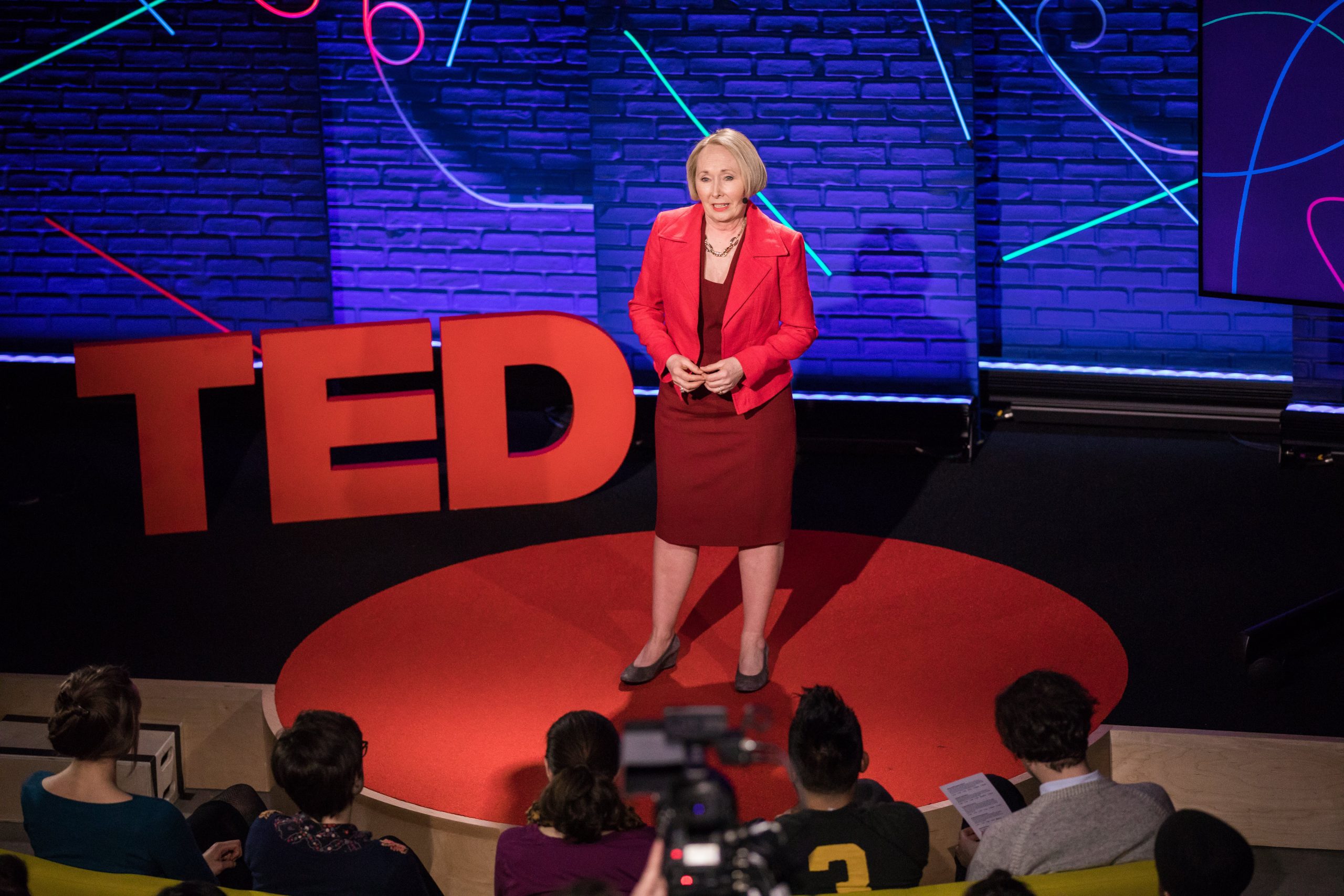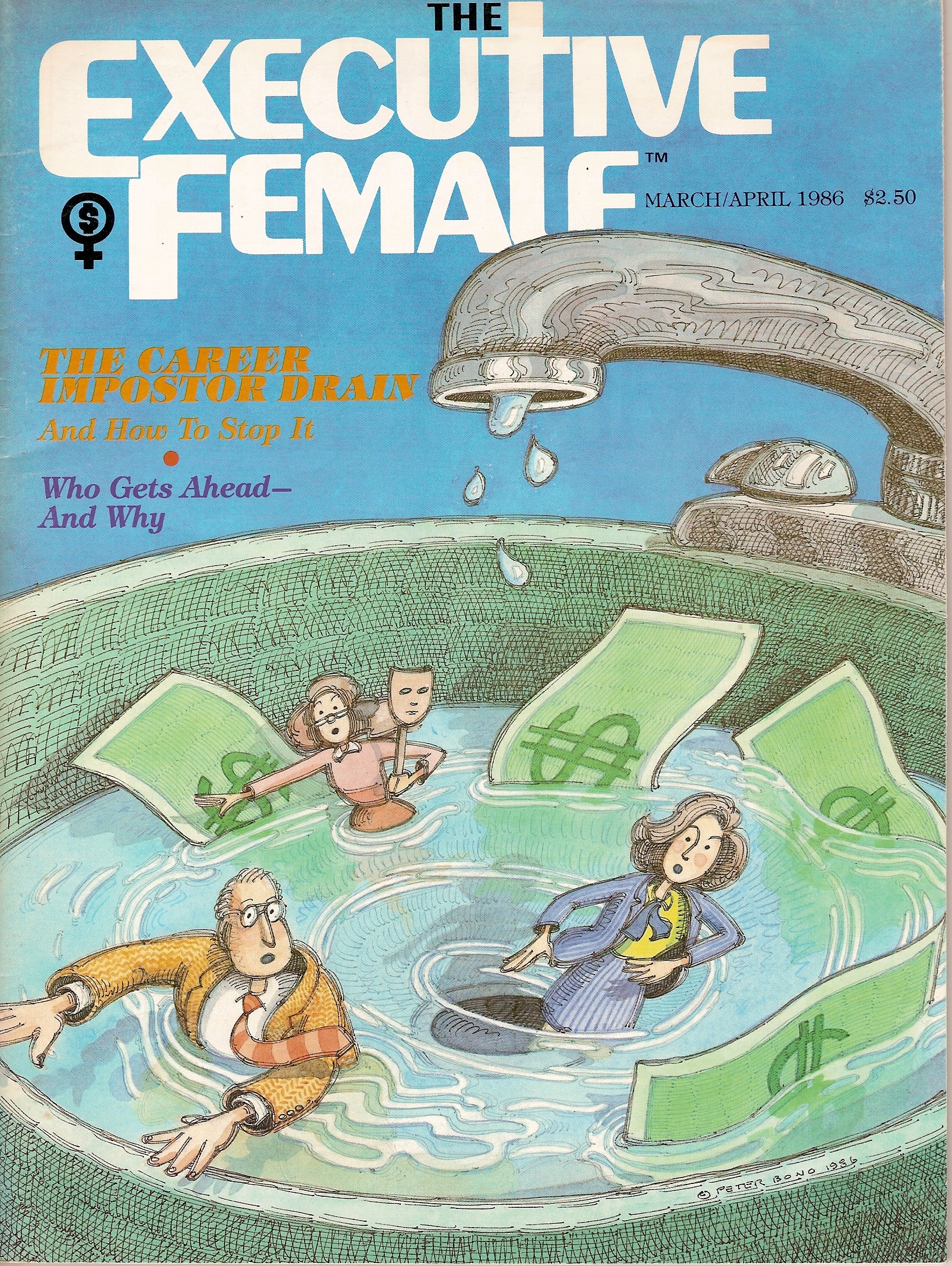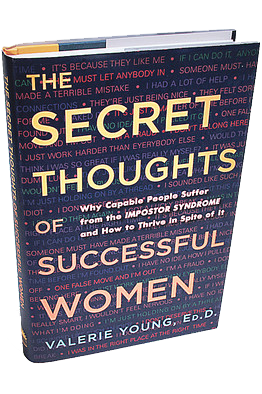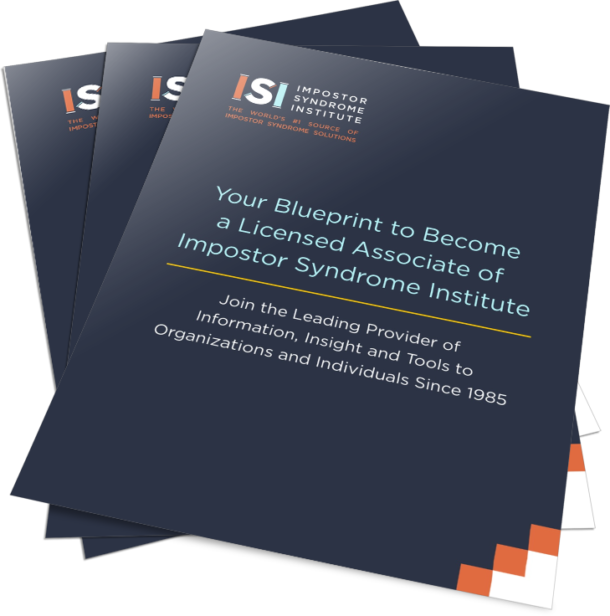Dr. Valerie Young

“Valerie Young is to impostor syndrome what Brené Brown is to vulnerability.”
-MARK LERUSTE, FOUNDER of THE UNCONVENTIONALISTS
MAPMAKER
AUTHOR
SPEAKER
Since 1982 internationally-recognized expert on impostor syndrome and co-founder of Impostor Syndrome Institute, Dr. Valerie Young has delivered her Rethinking Impostor Syndrome™ program to hundreds of major corporations and universities around the world.
Her award-winning book “The Secret Thoughts of Successful Women: Why Capable People Suffer from Impostor Syndrome and How to Thrive in Spite of It” (Crown/Random House) is in six languages.
MAPMAKER
The term “thought leader” is vastly overused. But when it comes to Valerie Young, she’s that — and more.
Widely considered the world’s foremost expert on impostor syndrome, Valerie is uniquely qualified to help organizations, workshop facilitators, coaches, and individuals to stamp out impostor syndrome.
Research Coupled With Extensive Real-World Experience
Valerie earned her doctoral degree in education from the University of Massachusetts, Amherst in 1982. Her research sought to understand why so many bright, capable women (including herself) felt like frauds.
Then (as now), most impostor phenomenon research is done with university students.
Instead, Valerie chose as her subjects professional women — a majority women of color. (Notably, the core solutions from these original findings have since proved useful for anyone experiencing impostor feelings.)
And unlike psychologists and academics who offer largely therapeutic solutions to impostor feelings, Valerie used her training as well as her findings to create educational solutions to impostor syndrome.
Taking impostor feelings out of the realm of therapy and creating educational solutions has proved tremendously effective.
Women reported asking for— and getting – raises
One physician who practices in a heavily male-dominated specialty even reported taking on more complicated surgeries
Since then, Valerie’s proven approach to tackling impostor syndrome have come from many sources. These include her:
7 years working in Fortune 200 company — five in management
25 years as the founder and “dreamer in residence” of an online business helping people take the leap from having a boss to being their own boss
extensive experience speaking to students, faculty, and staff at over 100 colleges and universities including Harvard, MIT, Yale, Stanford, Oxford, and Okinawa Institute of Science and Technology
insight into how impostor feelings show up in audiences as diverse as NASA, McDonald’s, the National Cancer Institute, and Valerie’s personal favorite the highly diverse and stereotype-shattering, Romance Writers of America
in-the-trenches experience leading workshops for over half a million executives, managers, and professionals in a wide range of sectors and occupations including:
Manufacturing
Law
Pro Sports
Medicine
Restaurant
Energy
Pharmaceutical
Trucking/transportation
Accounting
Financial services
Consulting
Food & Beverage
Technology/software
Automotive
Government
Manufacturing
Law
Pro Sports
Medicine
Restaurant
Pharmaceutical
Trucking/transportation
Accounting
Financial services
Consulting
Food and Beverage
Technology/software
Automotive
Government
Energy
Early Pioneer of Diversity, Equity & Inclusion TRAINING
Valerie admits it took her a long time to finish her dissertation.
One reason (besides the chronic procrastination plaguing most all grad students) was the five years (1979 to 1984) she spent as the Founding Coordinator of what was then known as the Social Issues in Education program (now Social Justice Education/UMass, Amherst).
The program was largely driven by Founding Director and professor Bailey Jackson’s work on racial group identity and oppression theory and informed by Judith Katz, Jim Edler, Bob Moore and others groundbreaking work on racism awareness training for whites.
Working with Dr. Jackson, Valerie and fellow doctoral candidates designed and delivered 1 credit workskops on sexism, racism, anti-semitism, classism, homophobia/heterosexism, and ablism.
Being on the forefront of helping create what only decades later would become the early forerunner of today’s diversity training, made Valerie a mapmaker.
But it is her continued commitment to addressing the intersection between impostor syndrome and DE&I that continues to set Valerie and her solutions apart today.
First to Recognize Organizational Causes — and Costs of Impostor Syndrome
Psychology professor Pauline Clance and clinical psychologist Suzanne Imes were the first to name the impostor phenomenon. That was 1978.
Since then researchers — most of whom are themselves psychologists — have framed the phenomenon primarily in individual terms.
Here again, Valerie broke new ground with her 1986 cover Executive Female magazine cover article on the organizational causes — and costs — of impostor syndrome.
Literally Wrote the Book on Women and Impostor Syndrome
Valerie’s groundbreaking book, The Secret Thoughts of Successful Women: Why Capable People Suffer from Impostor Syndrome has been reprinted in six languages.
Dr. Young is a mapmaker.
I am recommending her book to all my clients and students who suffer with impostor feelings.
– Suzanne Imes, PHD, Co-Discoverer of Impostor Phenomenon
SPEAKER
As the world’s foremost expert, Valerie Young is uniquely qualified to help you and your audience address Impostor Syndrome.
Watch the 6-minute talk Valerie Young was selected to deliver at TED HQ
hire VALERIE >>
MEDIA
In March 1986 The Boston Globe covered a workshop Valerie led for professional women at Radcliff College. That same month The Executive Female magazine ran a cover article she wrote on the organizational costs — and causes — of impostor syndrome.
Nearly four decades later Valerie continues to be a sought-after expert by popular and business media outlets around the globe.





